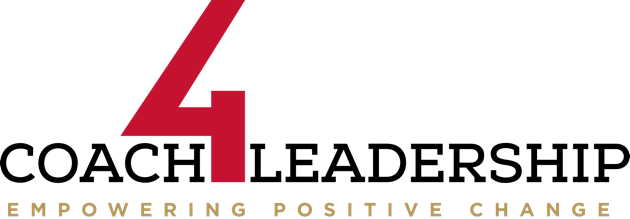Do you find that some things just come to you naturally while you struggle with other things? Been there?

Social and emotional intelligence (S+EI) abilities are like that too. Some come to us naturally and others we have to work at. We’ve all seen or heard of people who can get along with just about everyone but have trouble self-managing. On the other hand, some people self-manage well and get along great with animals, but struggle mightily when it comes to interacting with other human beings. Social and emotional intelligence isn’t just one single ability that we are good at or not – we can have strong competencies in one S+EI ability domain– like excellent self-management, achieving goals, and “grit” – and at the same time have weak competencies in others, like empathy, reading others or managing interactions. It’s no secret that some people are outstanding individual performers but have difficulty fitting in and functioning well on a team. In fact, that pattern is fairly common in the workplace and the impact can be seen and felt at home as well. The good news is that unlike our strengths, everyone can improve their S+EI abilities in every domain.
The first thing is to know the S+EI ability domains you’re strong in and which ones need work. It pays to not only work on your weak areas that are likely holding you back, but to make better your good ones. While several S+EI instruments available, I think Bradberry and Greaves EQ 2.0 assessment is among the best. Not only will it score you in each of the four S+EI ability domains, but it will provide you with tailored strategies to improve your scores and allow you to re-test later (give it at least 6 months).
Knowing which abilities you need to work on is a start. The other ingredients for success are:
- A desire to “light the pyre” (internal motivation)
- Getting 20/20 (uncovering your blind spots)
- Limbic brain training program (build the right neural neural pathways the right way)
- Practice, practice, practice (Strengthen neural pathways)
- A self-directed learning agenda (Boyatzis 5 Discoveries)
Bradberry and Greaves list over 67 distinct improvement strategies, 15 for self-awareness and 17 each for self-management, social awareness and social (relationship) management. Ouch! No need to be overwhelmed though, just identify one S+EI domain ability most important to work on and choose three strategies to help you move your needle.
Here is what happened with me. After taking the EQ 2.o assessment, I was surprised to see that although my Social Competency and overall score for Self Competency was high, my self-awareness score was much lower than I expected (Ok, 75th percentile….painful to admit). Along with my scores I also received the top three strategies recommended to improve my self-awareness score. These were:
- Visit my values (I was actually creating some of my own issues)
- Observe the ripple effect from my emotions (I wasn’t fully appreciating the impact my behavior was having on others)
- Watch myself like a hawk (I didn’t understand my emotions well in part because I wasn’t paying attention to them)
Once I started the process I began to notice things immediately. Like anything new, it was awkward at first, took more time than I expected and I felt like I was in slow motion at times. And after a while, prioritizing decisions based on my values, noticing the reactions of others and being mindful about and interpreting what I was experiencing internally became second nature. Although I waited longer than recommend before I reassessed myself, I was able to improve my self-awareness score to the 88th percentile a year or so later. Those improvements were serendipitously substantiated with independent, 360 degree feedback I happened obtain close to the same time. Bottom-line- the strategies and process works….but only if you do it!
I think I’ve said enough about S+EI for a while on this blog (just click the Emotional/Social Intelligence category on the right to get a listing of posts on the topic). If you’ve been following this series, you know everything you need to take action. As Tony Robbins says “knowledge isn’t power, execution is”. Another way of saying it is when it comes to a topic like this is “to know and not do is to not know”.
What’s your next best step at this point?
Best,
Rob
